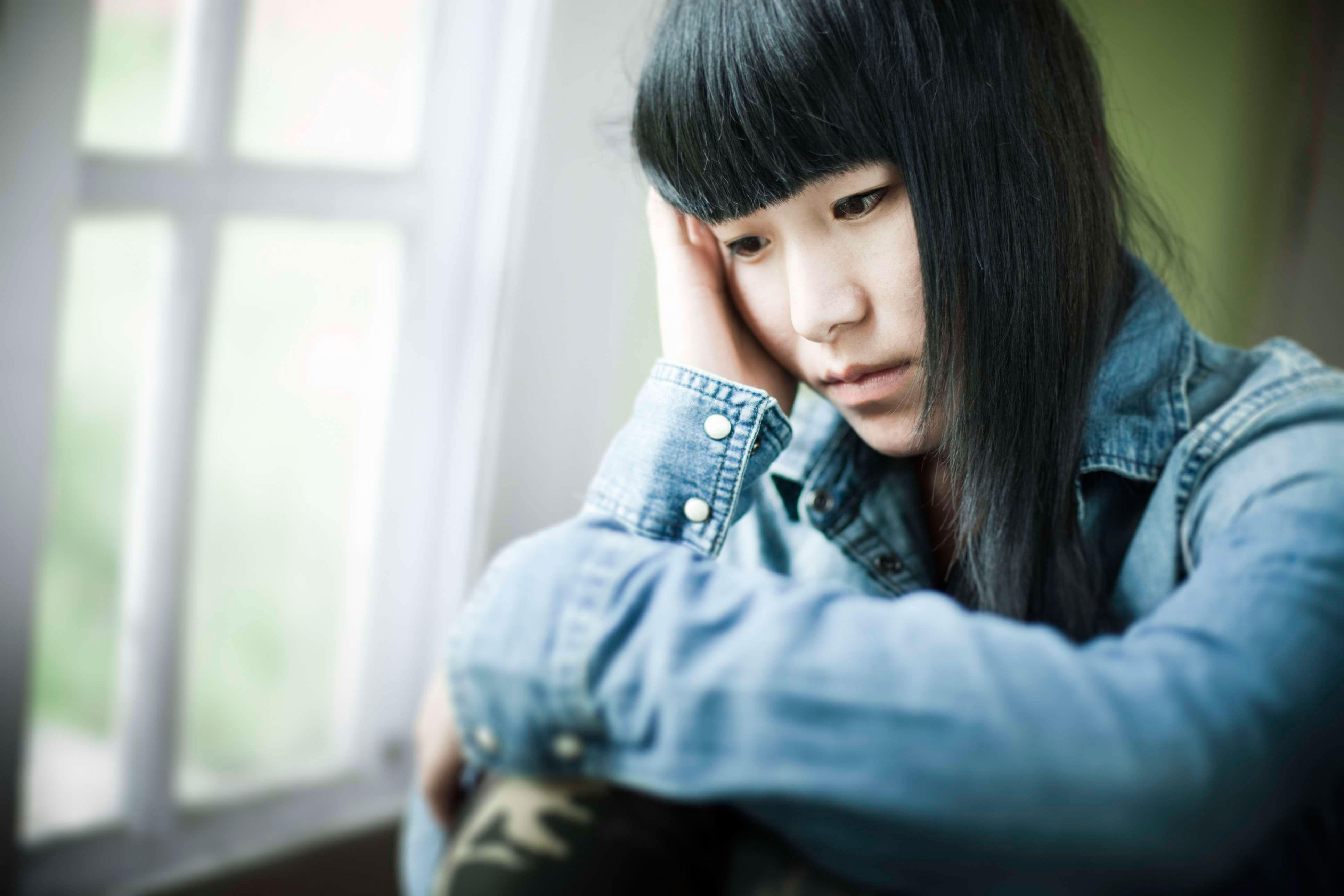Chapter 61. Social Media and Social Isolation
Learning Objectives

Describe some positive and negative psychological effects of social media use.
Contrast the characteristics of frequent and infrequent users of social media.
Review
Review
Select the NEXT button to continue with the Review.
1. Social media has changed the way that people communicate with each other. Since 2005, online social networking has increased dramatically in all age groups, but college students lead the way, with about 95 percent reporting daily use of at least one social media site. Meanwhile, time spent in face-to-face contact with friends and family has dropped. Research suggests this rising use of social media is associated with some beneficial outcomes, but also may create some problems for heavy users.
Review
Review
Select the NEXT button to continue with the Review.

2. The beneficial effects of social networking flow mainly from its potential to overcome the barriers of time and space, allowing us to connect to distant family members and friends, as well as to people with shared interests all around the globe. This helps us fulfill our affiliation need—the "need to belong" to social groups and to maintain significant social relationships.
Review
Review
Select the NEXT button to continue with the Review.

3. Paradoxically, spending so much time “connected” to others through social networking can actually promote social isolation, as you have less direct contact with friends in your geographical location. The loneliness of social isolation can harm your physical health, through its association with lack of exercise and poor eating habits, as well as higher stress levels.
Review
Review
Select the NEXT button to continue with the Review.

4. Social media use can also directly raise stress levels by promoting unrealistic social comparisons. The photos people post on social networking sites convey the impression that everyone has a wonderful life, sometimes leading viewers to feel inadequate and undermining their self-esteem. This problem is amplified if a viewer has experienced cyberbullying.
Review
Review
Select the NEXT button to continue with the Review.

5. Social media has another negative effect: It can serve as a powerful distraction, interfering with the ability to focus on daily tasks. If your daily life is not going well, social media can allow you to escape from those difficulties rather than face them and deal with them.
Practice: Exploring Connections with Social Media
Practice: Exploring Connections with Social Media
Surveys conducted by the Pew Research Center and other researchers have found that the level of social media use is correlated with a number of characteristics and behavioral variables that are important to young adults. Roll over each category to view any associations with social media use.
Academic grades
Gender
Ethnic group
Household income
Self-esteem
Life satisfaction
Social diversity
Loneliness
Close friendships
No significant correlation. On average, heavy social media users earn grades similar to light users.
No significant correlation. Women and men use social media at similar rates.
No significant correlation. Different ethnic groups use social media at similar rates.
Positive correlation. Members of higher-income families report using social media more frequently.
Negative correlation. Frequent users of social media report lower self-esteem.
Negative correlation. High use of social media predicts low scores on subjective well-being.
Positive correlation. Frequent users of social media report more contact with individuals not in their own social or ethnic group.
Positive correlation. Frequent users of social media report greater loneliness.
Negative correlation. High use of social media predicts a larger group of acquaintances but fewer real friends.

Data from several sources, including Social Media Usage: 2005-2015
https://www.pewinternet.org/2015/10/08/social-networking-usage-2005-2015/
Quiz 1
Quiz 1
Match the terms with their descriptions by dragging each colored circle to the appropriate gray circle. When all the circles have been placed, select the CHECK ANSWER button.
Quiz 2
Quiz 2
Indicate what type of relationship each of the variables has to the level of social media use. When responses have been chosen for all variables, select the CHECK ANSWER button.
| Positive correlation | No correlation | Negative correlation | |
|---|---|---|---|
Social diversity |
|||
Self-esteem |
|||
Close friendships |
|||
Gender |
|||
Academic grades |
Conclusion
